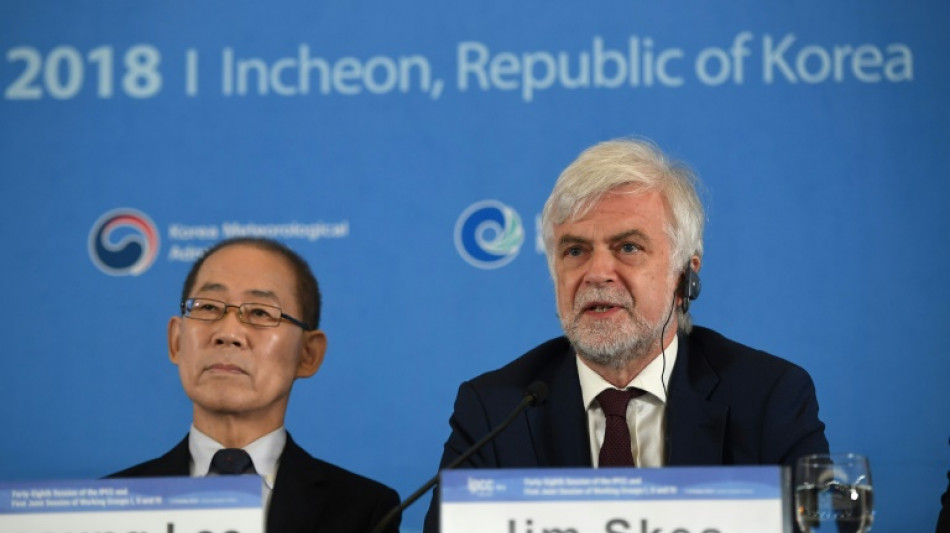

British professor elected to lead UN climate expert group
British professor Jim Skea was elected to head the UN's climate expert panel on Wednesday, taking the helm of the organisation charged with distilling the best science to guide global policy in a crucial decade in human history.
Skea, a Professor of Sustainable Energy at Imperial College London who co-chaired the report on solutions in the latest round of publications, said in a statement he was "humbled" to have been elected chair at a meeting of the Intergovernmental Panel on Climate Change (IPCC) in Nairobi.
He succeeds South Korean economist Hoesung Lee, who is stepping down after nearly eight years at the helm.
Earlier this year he warned that it was "now or never" to limit global warming to the more ambitious Paris Agreement goal of 1.5 degrees Celsius since pre-industrial times, as the IPCC wrapped up a cycle of bumper assessments with a synthesis report that urged dramatic reductions in planet-heating emissions.
With climate impacts sweeping the planet -- from devastating floods to blistering heatwaves -- the IPCC warned in March that the world will cross the key 1.5C global warming limit in about a decade and said impacts of warming are hitting faster than expected.
In an interview with Climatica, Skea said recently that he was "genetically optimistic" and underscored that humans still have power over the future trajectory of warming.
"The challenges are huge, but the key thing is to not become paralysed into inaction by a sense of despair," he said.
S.Rovigatti--IM



